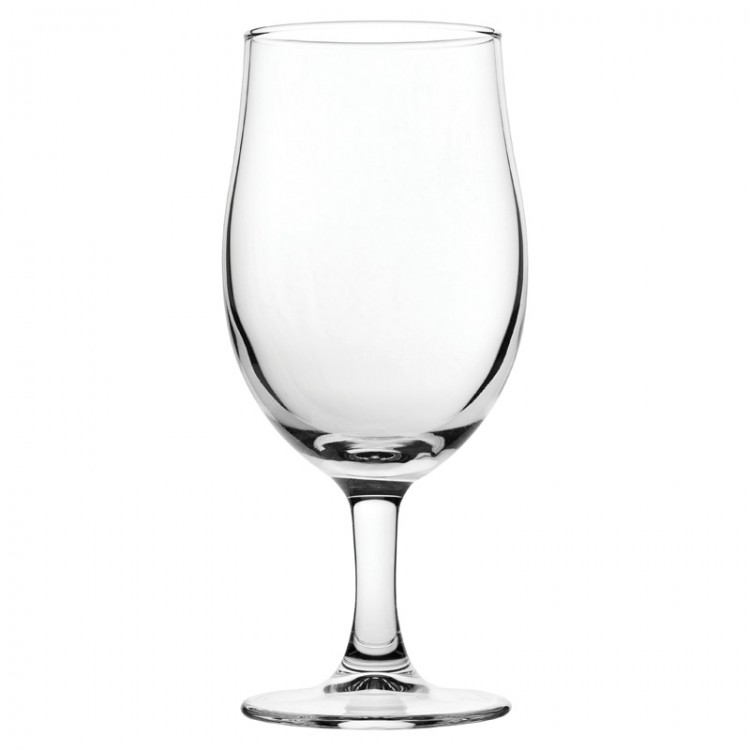
Perfect for maintaining a foamy head, the tulip shape of the stemmed Draft prolongs a pleasurable drinking experience.
Fully Toughened glassware has been strengthened across its entire body making the glass resistant to impact damage at all points. When Toughened glass does break, it will break into small fragments making it impossible to cause serious lacerations.
